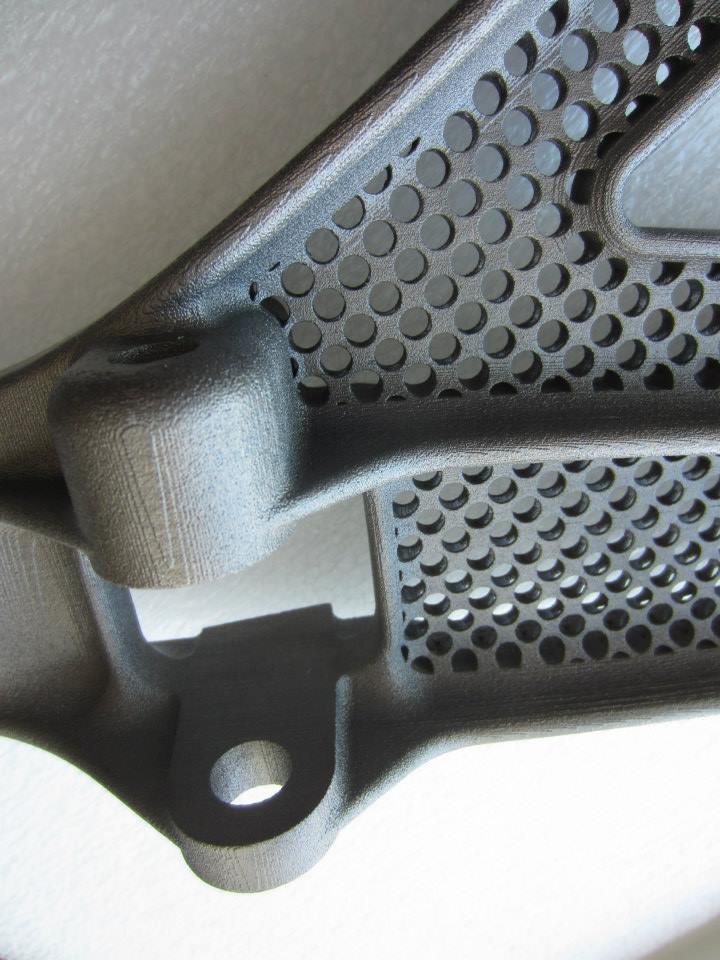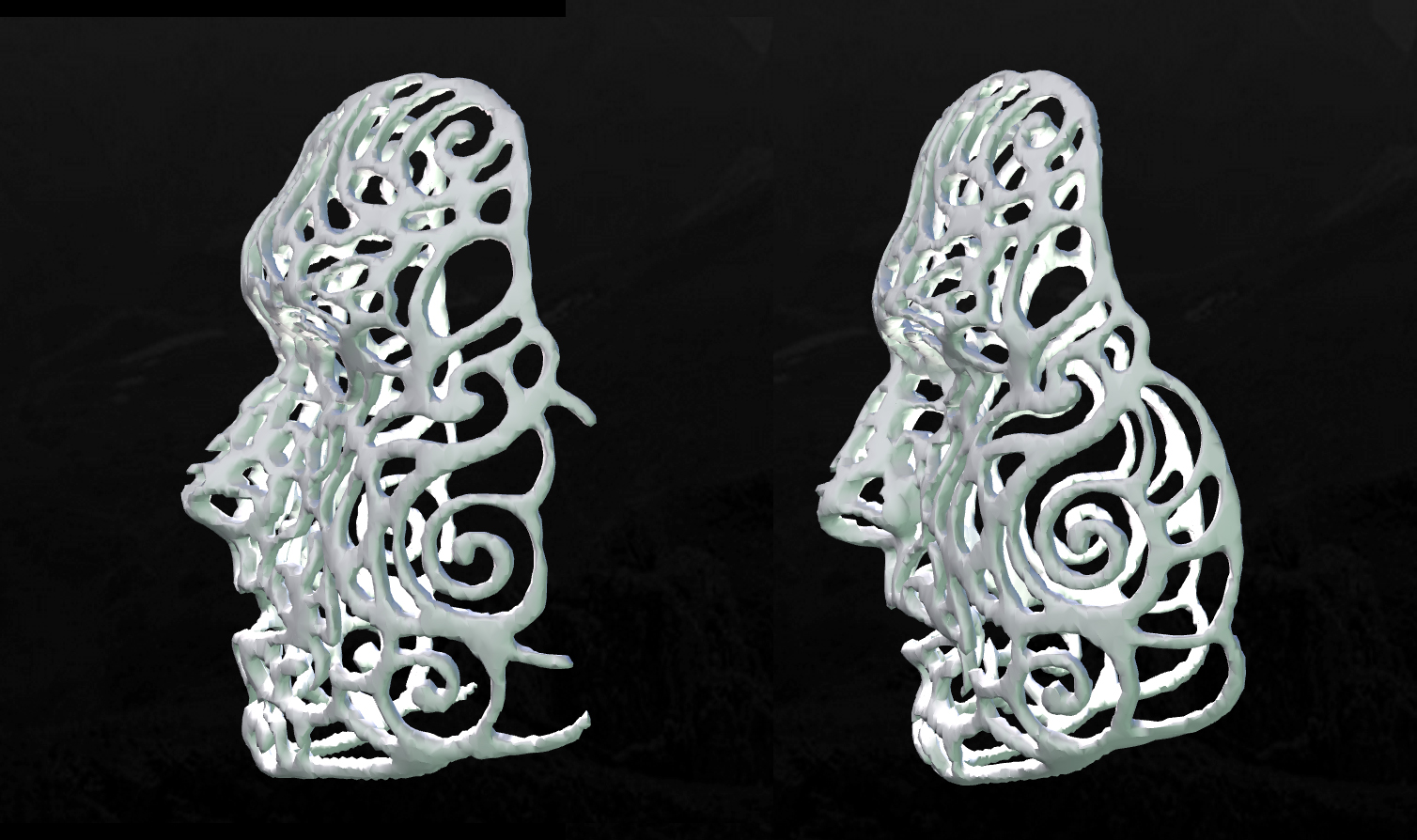We had a peek at format’s new technology in NYC earlier this year, but now everyone can make use of it as they’ve just launched their new 3D print site.
uformit offers 3D prints for sale; it doesn’t provide 3D models for download, but instead produces completed 3D prints and sends them to you, much like other 3D print services – but there’s a huge difference.
uformit “merely” sells prints of several beautiful 3D models. But it’s the manner in which it does so that’s so fascinating. uformit is leveraging many capabilities of Symvol, the dynamic 3D modeling tool made by Uformia. The result is that the 3D models presented by uformit are easily modifiable by anyone through the use of sliders and selectors.
Compared to Thingiverse, uformit would appear woefully inadequate in terms of the number of objects presented. However, we think that’s entirely misleading. Here’s the uformit difference: you are able to effectively create new objects merely by tweaking the sliders. It’s like many more objects hidden behind one.
Another factor is the quality. uformit’s goal is to present a smaller number of high quality objects. uformit’s Managing Director, Hans Christian Gjøvik told us:
We are working with designers/designs to add to the site going forward with a focus on quality rather than quantity, to build an attractive collection.
Today uformit’s current slate of items at use a fraction of the potential modifications available through Symvol technology. We’re told we may see modification capabilities such as these in the future:
- Radius of a sphere or any primitive
- Number of items in an array
- Amount of blend between 2 objects
- Wall thickness
- Tiling dimensions and offset for cellular structures
- Warping and deformation of an object
- Swapping of source input data
- Arbitrary morphing of objects with no topological similarity
Yeah, we didn’t quite understand that last one either. uformit suggests checking out an “extreme example” of this technology, where they developed a “closed loop simulation”, where an arm evolved for weight strength.
There is one not-so-obvious example of these advanced capabilities in the site at launch. Joshua Harker’s “Self Portrait Mask” includes the ability to morph its shape to a 3D face scan. That’s correct – you can actually upload your own face scan and the product dynamically adapts to … you! You’ll be amazed to find that the uformit product page now includes your actual face in the product shape.
Check out the image above. On the right is the stock, default “face”, whereas on the left appears our uploaded “face”. Both were clipped directly from the product page, before and after uploading. Imagine if such a biometric upload were suddenly applied to ALL relevant items in the shop!
While there’s not very many products present in uformit’s shop today, we’re very excited to imagine the possibilities. Some things we might see in the near future:
- Printable shoes that precisely fit your feet – even though you’ve never tried them on
- Hats that fit your head or precisely fit glasses
- Stress-optimized parts
- Jewelry composed of shapes you select
- A single utility part, such as a bolt or nut, that can be sized for any purpose
One more thing: we have toured the site and must say that the design of the site is utterly fascinating. We’ve not seen a web page act like this previously. Even if you don’t intend on browsing and purchasing 3D prints from uformit, we strongly recommend you hit their home page and scroll through. It’s crisp, animated and explains the process in a unique visual manner.
We think this could be the future of online 3D model repositories: simplify the searches and confusion by simply offering a small set of “base parts” that adapt to your needs.
Via uformit




